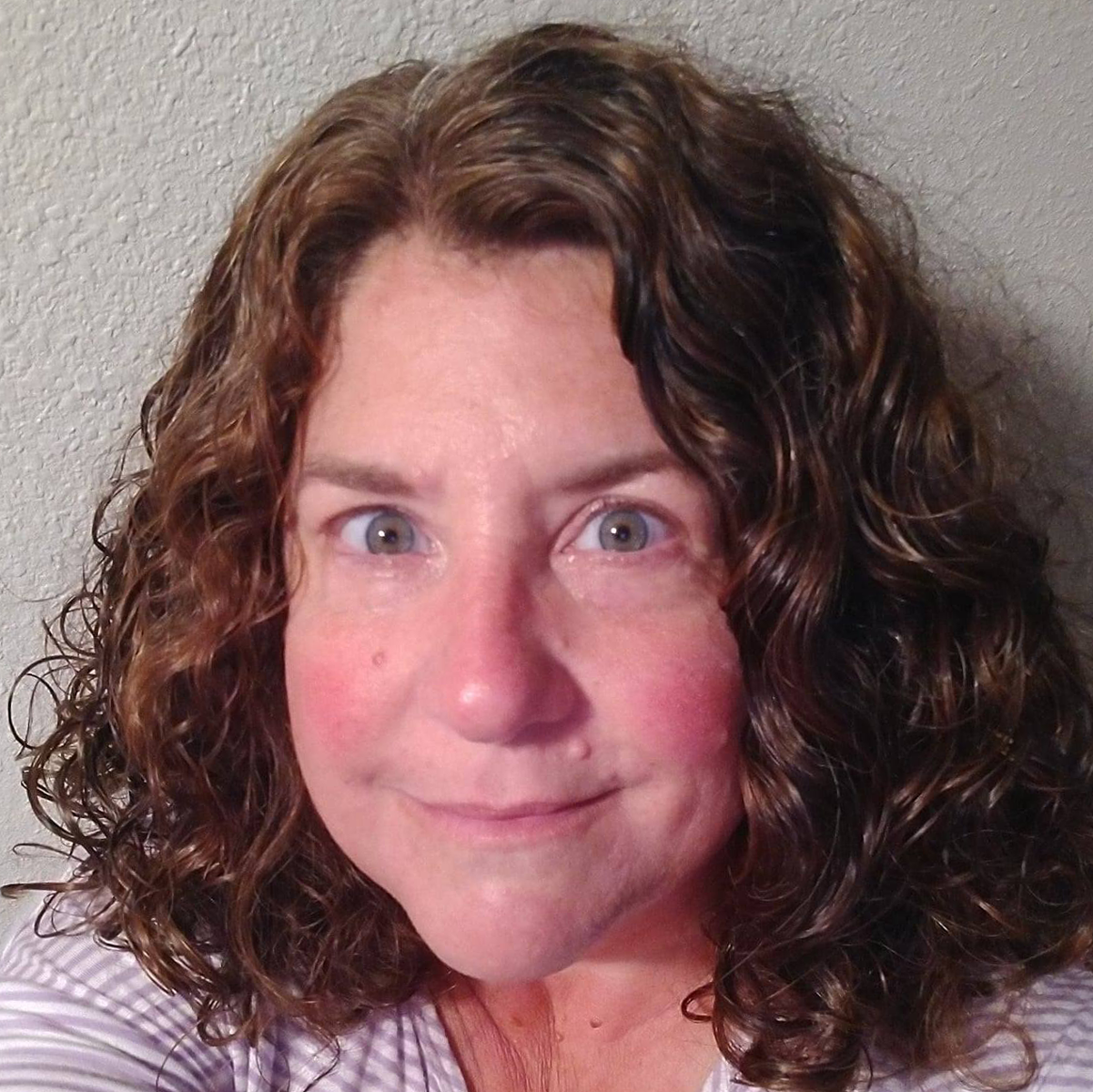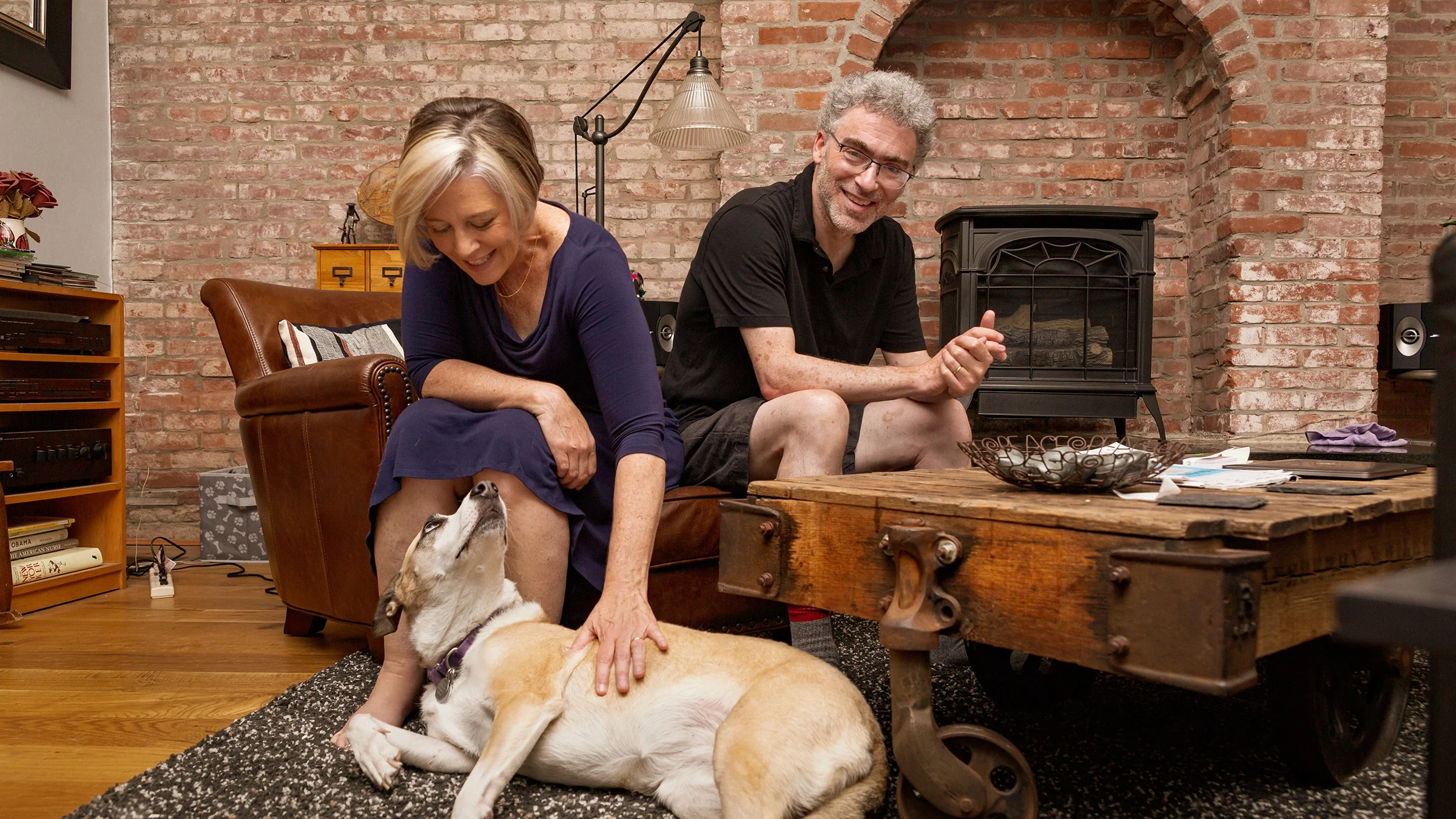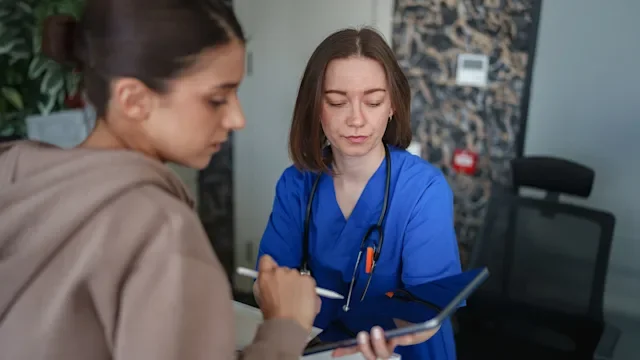Key takeaways:
When Theresa Brown was diagnosed with breast cancer, it opened her eyes to a lack of compassion in America’s healthcare system.
As a nurse herself, it humbled her to the realities of undergoing medical treatment.
When she did encounter kindness, she says it was because nursing leaders made it a priority.
Theresa Brown’s breast cancer diagnosis in the fall of 2017 changed her life in many ways.
After an ultrasound and two mammograms, Theresa met with a radiologist to discuss a mass in her right breast. The radiologist assured her she wouldn’t leave the hospital without a biopsy appointment. She needed the biopsy to confirm her diagnosis.
But when she sat down at the registration desk, no one was there. And no one came.
“Finally, someone walked by and said, ‘She leaves at 3. You just missed her.’ I’m not a violent person, but I wanted to slam the receptionist into the wall.”
This is one of many stories Theresa, a Pittsburgh-based nurse and writer, shares in her new book. Her memoir chronicles her treatment and recovery and the lack of compassion she experienced from some of the doctors, nurses, technicians, and staff who provided her care.
Don’t be ‘the easy patient’
Theresa had worked for years as an oncology and hospice nurse. But that couldn’t prepare her for the experience of undergoing cancer treatment. She didn't realize how terrifying and lonely it could feel to not be in complete control of her care.
“No one ever sat me down and said, ‘Here is what we see. Here is your prognosis. Here is your likely course of treatment,’” she says. “The lack of that information reverberated throughout my treatment.”
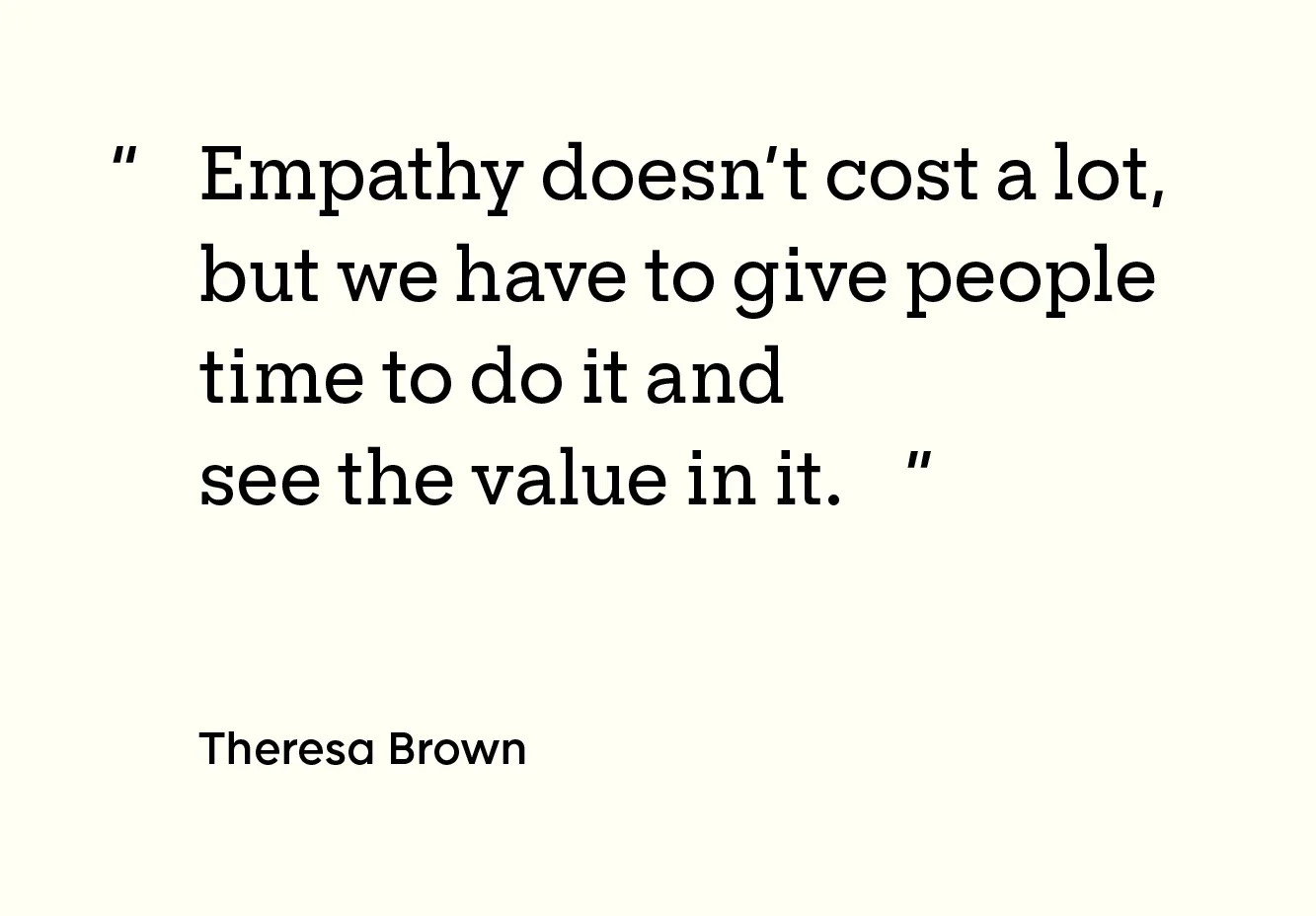
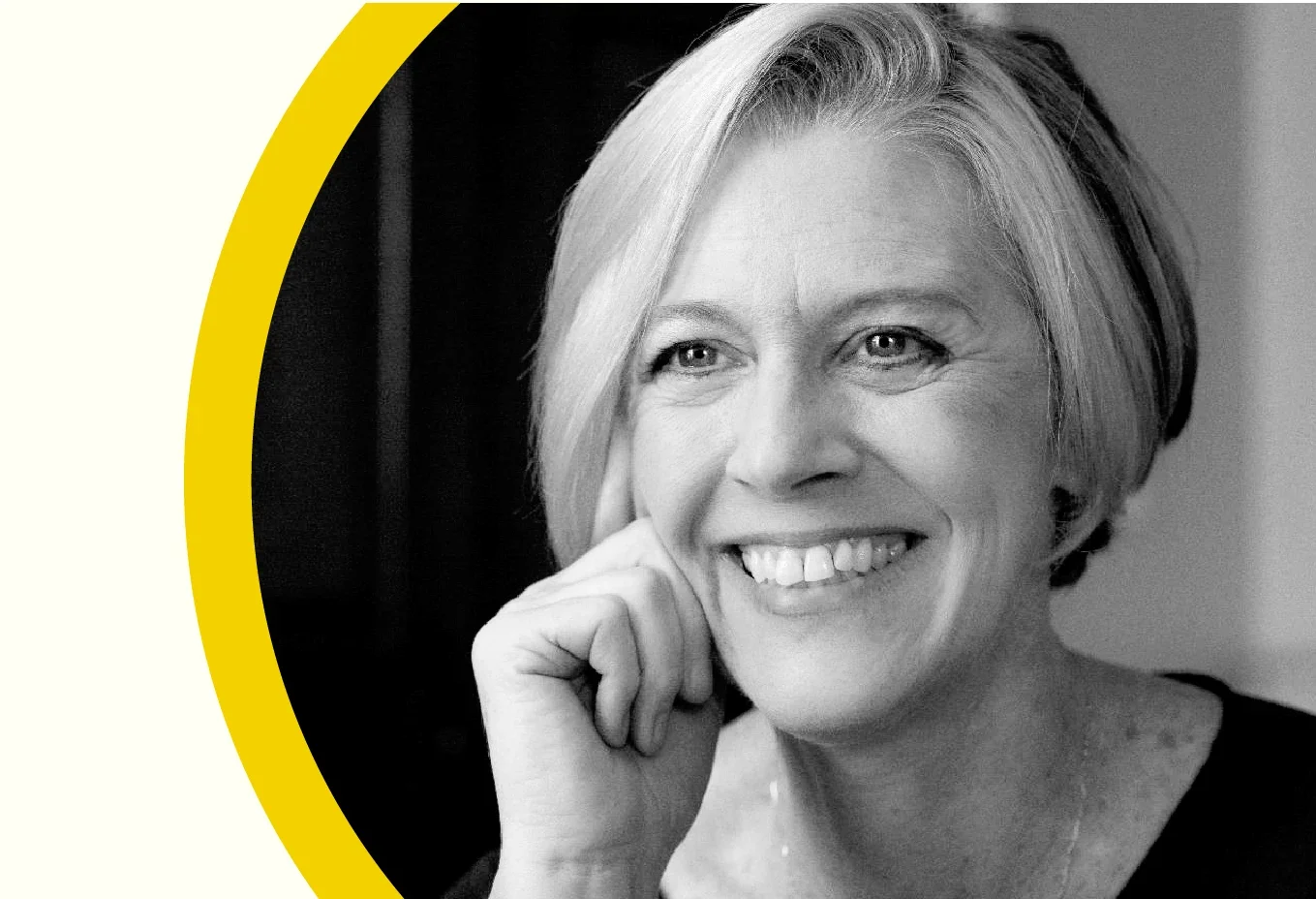
The morning after her radiology appointment, Theresa called the oncology scheduler. The first available appointment was 2 weeks away. Theresa pushed back and asked the scheduler to look again. She didn’t want to wait that long to confirm her cancer diagnosis. The scheduler was able to find an opening within a few days.
As a nurse by profession, Theresa wanted to be the kind of patient that got along with the people taking care of her. She didn't want to be demanding or "gum up the works by asking a lot of questions."
When she went in for her biopsy, Theresa says she was “the easy patient.” But there are costs to that approach, she advises. To be passive meant she couldn't advocate for herself.
“I don’t want to be just a body that people did things to. Or the patient who is told, ‘We are going to do XYZ, and that is the way it is.’”
She had to learn to advocate for herself in a system that never taught her how. Healthcare teams prefer the easy patient, because it allows each treatment or test to follow its own assembly line of prescribed steps, Theresa says.
Being a patient advocate or a self-advocate means knowing yourself and being honest with your care team, Theresa says. Ask questions. Use simple phrases. If you don’t understand something, say so, and ask for more explanation. If you think something should happen faster, ask why you must wait.
“You can push back in that way,” she says. “Be polite and civil. When you get angry, people don’t listen as well. But insist that things make sense to you.”
Too little compassion and kindness
Theresa had a type of breast cancer called ductal carcinoma in situ (DCIS) that was also invasive. Her cancer started in a milk duct and expanded outward.
Her treatment plan included a lumpectomy and radiation. Theresa’s surgeon answered her questions, clearly presented a treatment plan, and performed a successful surgery. But she wished they were kinder.
She did find compassion and kindness in radiation oncology at the same hospital, though. She received treatment 5 days a week between Thanksgiving and Christmas.
“Kindness doesn’t take that much effort,” Theresa says. She appreciated simple efforts, like:
Being polite
Clearly explaining what would happen when
Sharing how important it was not to miss any appointments
Showing her what to expect
“Clearly, it was important for someone in that office to treat us that way,” Theresa says. “It’s about leadership. If one small office could provide such a great experience, why can’t that go on in the entire hospital?”
The human touch
Today, Theresa is cancer-free. She’s not on any estrogen therapy but may start an estrogen inhibitor in the future. She tried a prescription for Tamoxifen, which blocks the effects of estrogen, but didn’t like how it made her feel.
“I realized how it ruined the quality of my life,” Theresa says.
Her new medical oncologist listens. She tried a low dose of Tamoxifen but experienced brain fog. So, they’re looking at other options. This new doctor was the first to explain to Theresa that her cancer was never going to be aggressive and that she has time to figure out her ongoing treatments.
Experiencing the healthcare system as a breast cancer patient prompted Theresa to write her book.
“I saw how our system does fail people in this human way,” she says. “I saw how important that human connection is."
Theresa returned to work as a hospice nurse after treatment. But seeing the cracks in the system bothered her in a personal way. Receiving treatment for cancer made her realize the ways in which she inadvertently failed patients:
Making a patient wait hours for an IV pump to start chemotherapy
Overwhelming newly diagnosed patients with information
Sending patients home with a large urinary catheter
Theresa remembers a time when a patient earnestly asked her to watch TV with them. But, instead, she went back to her computer to work. She then began to wonder what she was doing that was so much more important. Theresa returned to the patient’s room, sat down, and was present as they watched TV together. When she shared this story, other nurses told her they would have been written up and reported if they did the same thing.
Theresa says that’s because many nurses and doctors — herself included — are trained in a system focused on efficiency and getting things done.
“We have this whole idea about time well spent as a caregiver that doesn’t have anything to do with helping someone feel like a human being,” Theresa says. “Empathy doesn’t cost a lot, but we have to give people time to do it and see the value in it.”
Theresa remembers her first instructor during nursing training. That nurse answered every call bell, every time. She prioritized slowing down and taking time to talk to patients, Theresa says.
Theresa’s tips for newly diagnosed patients
A cancer diagnosis can make you feel overwhelmed. Theresa shares this advice:
Ask questions if you don't understand something. Speak up for yourself.
Be polite but firmly insistent.
Don’t overwhelm yourself with online health information.
If you don't trust your oncologist, find another one.
Surgeons are a little different. Most of them are not warm and fuzzy. But when it comes to surgery, it's important to have someone who excels at the procedures they perform.
Remember that it’s normal to feel afraid.

Why trust our experts?
